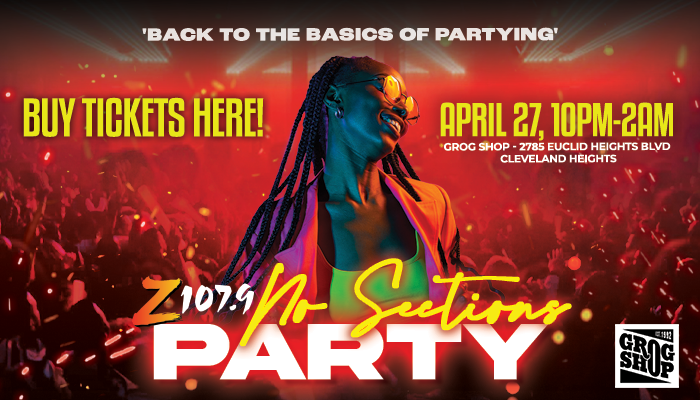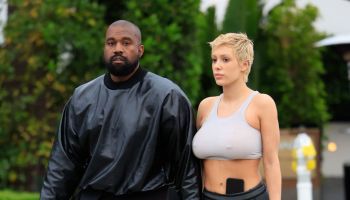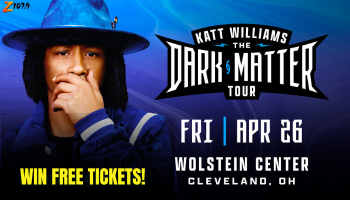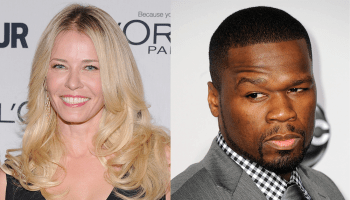Nicki Minaj’s endorsement of Mitt Romney instigated some of the splashiest headlines following the Labor Day weekend. Head scratching and eye rolls accompanied readers’ mouse clicks, racking up traffic numbers for news and gossip websites. “I’m a Republican voting for Mitt Romney,” she said on her mentor Lil Wayne’s mixtape. “You lazy b***** are f****** up the economy.”
Later in the week, panicked tweets began to surface. Chicago is losing its mind. A sixteen-year-old rapper namedJoJo was killed after being shot twice on Tuesday. The incident occurred hours after a video emerged of JoJo taunting a rival named Lil Reese, an associate of popular rapper Chief Keef, making the violent lifestyle Chicago’s drill music glorifies that much more real. Keef’s notoriety stems from “I Don’t Like,” a local anthem made popular nationwide when Kanye West remixed the song with his G.O.O.D. labelmates.
With her closet full of wigs and the wardrobe of a teen in Tokyo, Nicki Minaj doesn’t present herself as someone to be taken seriously for her political views. Perhaps that’s why she felt she could get away with an easy punch line that puts down others to illustrate her supremacy. Most of her fans aren’t old enough to vote. What harm could it do?
What harm could a remix do either? West repeatedly partners with rappers who have grittier followings (including G.O.O.D. signees 2 Chainz and Pusha T) to appropriate buzz in the streets that his “luxury rap” distances him from. Not only that, he was able to bring attention to emerging music in his hometown. Everybody wins, right?
Everybody except for the impressionable young fans that take Minaj’s demonization of poor people as gospel. Except for kids like JoJo, certainly not the last to get swept up in a scene that produces music videos with kids as young as thirteen brandishing automatic weapons and throwing up gang signs. A scene that the music industry had already started to monetize.
As an immigrant raised in Queens, I doubt Minaj believes the poor are to blame for the nation’s ills and that the wealthy are better than the class she was born into. As a native of Chicago, I doubt West wants to promote music that fuels the killing of black youth. But their endorsements, ironic or otherwise, send a different message.
Whether Minaj took herself seriously or not, she used her influence to champion an elitist mindset without offering the slightest critique. Whether West intended to or not, he validated and publicized art that encourages violence, without the critical thinking artists like Lupe Fiasco have brought to the table. These messages are now tied to their brand, whether they like it or not.
Minaj and West’s missteps are unfortunate, and reflect a lesson we all should learn. An endorsement is not something to be taken lightly. Up-and-coming artists and politicians clamor for the stamp of approval of popular artists and publications for a reason. An endorsement transfers over a portion of the co-signers resources, influence, and reputation without signing a single contract. It doesn’t take an official partnership to endorse something; your words and actions speak just as loudly.
Before you align yourself with an outside person, brand, cause, or organization, do your research. It is important to have a solid understanding of what you are supporting and why you are supporting it. Your co-sign should do more than bolster your ego; it should promote your values.
The public wants the people and organizations they support to stand for something of value. Eighty-three percent of Americans say they wish brands would support causes, and 41 percent have bought a product because it was associated with a cause. With success comes an increase in power and responsibility. Ask yourself, what are you using your influence to promote?
Cortney Cleveland is a freelance writer and content strategist in New York City. You can follow her on Twitter @CleveInTheCity and visit her personal column The Red Read.
















